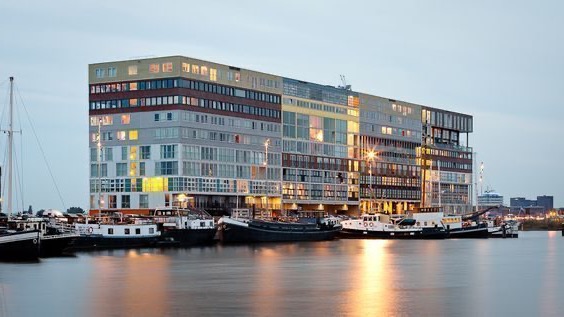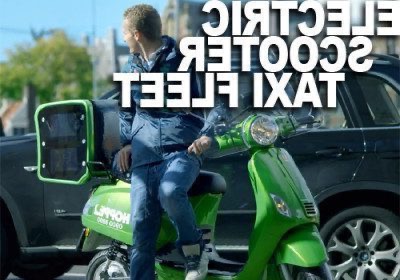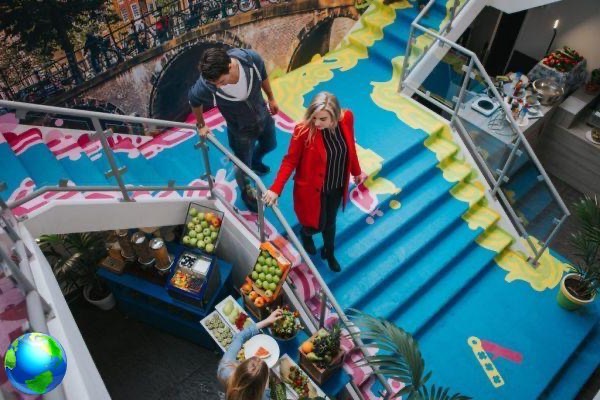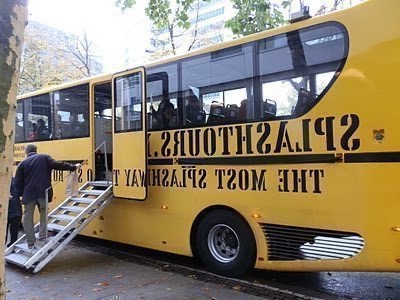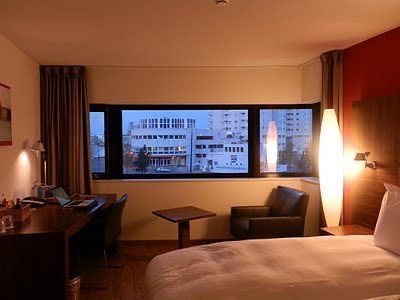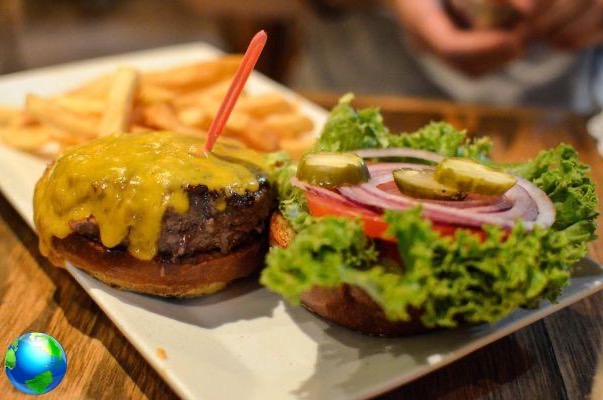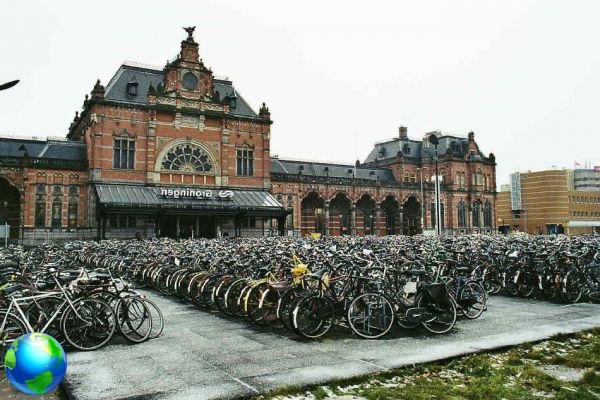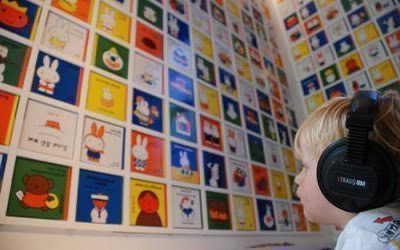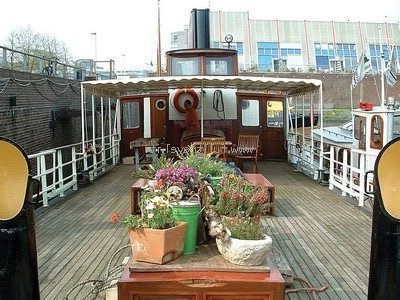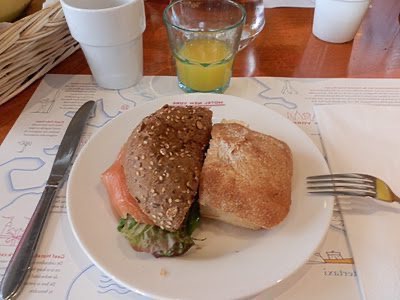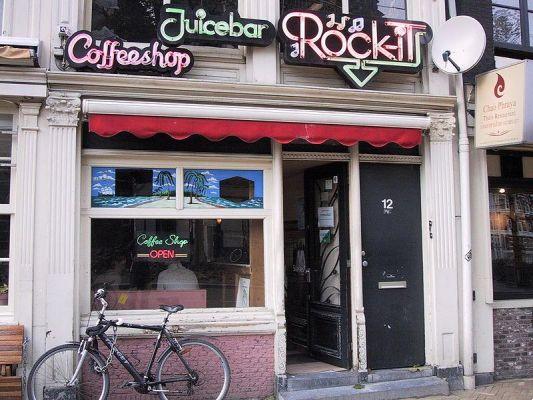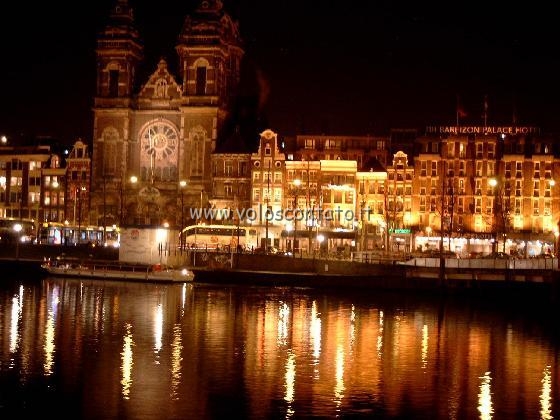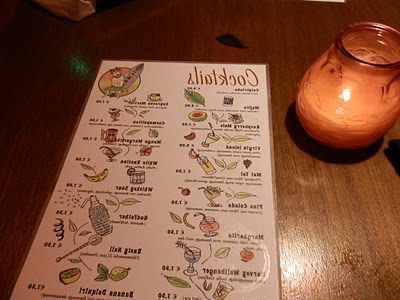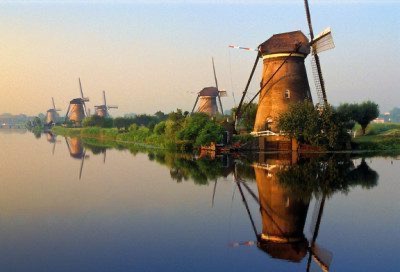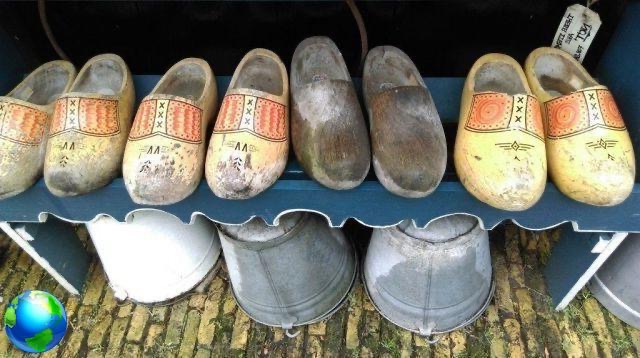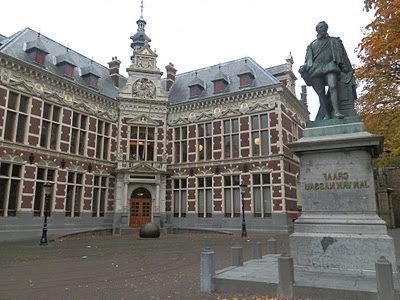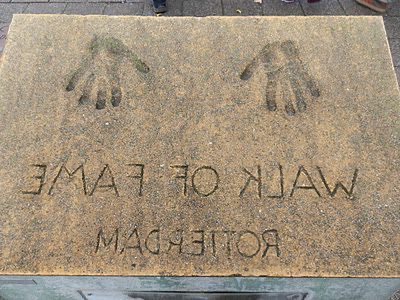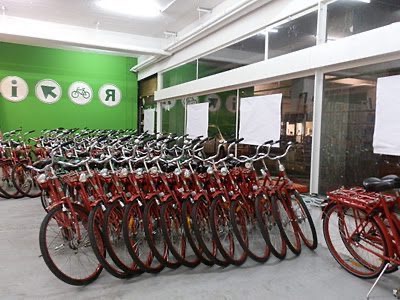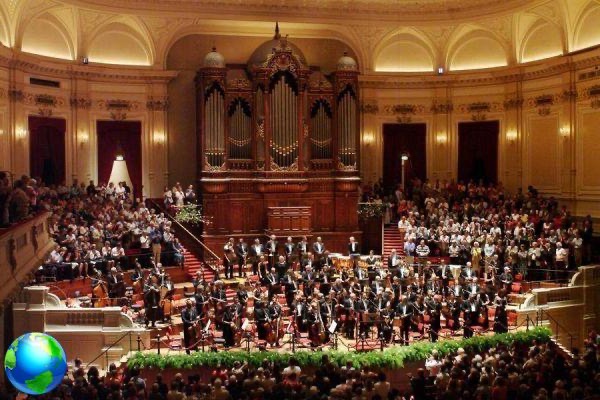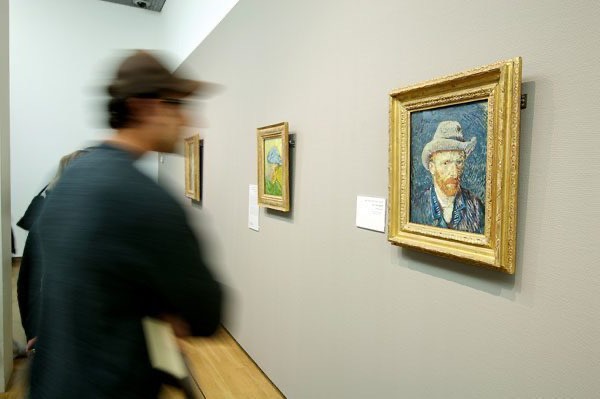Let's look at the Dutch educational model: a country that puts the overall development of girls and boys first of social needs. School, free time, sport: here's how to grow aware adults.
Utopia? No, pure reality. L'Holland statistically, the nation is able to make the happiest children in the world. Official studies of the World Health Organization confirm this, UNICEF confirms and the Dutch education plan is the sure proof. Right now you are wondering which method they adopt, the winning strategy. Above all because the same pedagogy is not followed by all the countries of the world. Education is the pivot of the person, even more so of the child. Education will influence human behavior and psychology. Happy children will become conscious adults. Holland has therefore decided to invest in the well-being of the family and especially of children.
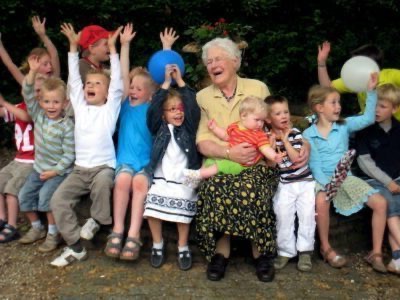
How to make children happy
The company welcomes the little ones in special spaces suitable for children.
In every place, shop, restaurant, cafeteria or office there is a small table with colors, games of all kinds and a blackboard with colored chalk. Each neighborhood street has a sidewalk covered with games. Tiles with numbers, letters of the alphabet, colored tiles in the shape of our traditional street game: the bell. In any bank or office in charge of minimal waiting, a beautiful screen with interactive games based on age will entertain the child. The queues at the checkout counters at the supermarket? In Holland they are certainly not a problem. Each social space is made to measure for the little ones.
The school educates about autonomy
The school educates in autonomy and freedom, as well as teaching the fundamental disciplines.
Children start compulsory school at the age of four and have a single cycle up to the age of 12. To better understand asylum, elementary and middle school. Attending the same school donates stability to the child and a familiar environment. Autonomy is stimulated from the first years of life. Autonomy means self-confidence, freedom of action. At school you learn the love of knowledge. The curiosity to learn. There are no tasks, only invitations to review and exercise. At the beginning of each school year, parents are informed about the methodology of education and instruction and give suggestions aimed at helping the child to develop properly. Physical activity is carried out almost every day. Body and mind are a union.
Happy children move on bicycles
The bicycle is the fundamental means used for every trip.
Outdoors, movement and resistance training. Even with rain and harsh weather, children ride bicycles. Thus they immediately learn the rules of road signs and ecology.


Dialogue and calm
Dialogue and calm replace punishment and tension. The children are serene. They are left with the opportunity to express themselves and understand. In the family, as in school, the rules exist to be free, exactly as Erich Fromm claimed. The little ones work together to help the teacher or their parents to teach them a sense of organization and order. Socializing, helping and respecting are the key actions of the school and the family.
In the Netherlands, sport is a value
Especially swimming. Dutch children from an early age go to the pool at least once a week. The goal is to pass the AB and C diplomas, that is to pass water tests to know how to swim and to face difficulties in the water in a possible moment of need. Safety first of all.

Parents are calm, without unnecessary anxieties that affect the child.
They often take their children to the park, to play with puddles after a rainy day because as they say it is gezelling. They are free to get dirty, run and climb. They teach their children to express their emotions but also to control them.
Holland considers the overall development of the child more important than any other social need. Dutch children therefore grow up free, without taboos, without imposition but with fixed points that give security. Autonomy and self-confidence are the result.
Raising happy children doesn't have to be a utopia. It must be every child's right.




